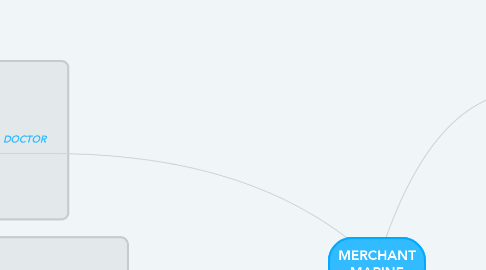MERCHANT MARINE
by Edelberto ang Estudyanteng Marino

1. POLICE
1.1. THEY ARE A POLICE BECAUSE THEY PROTECT THEIR VESSEL
2. FIREFIGHTER
2.1. Maritime firefighting skills are essential to the seafarer and training is a compulsory requirement to raise awareness on fires on seagoing vessels and increase safety in the event of a shipboard fire. Shipboard fires can occur in any environment. The principal causes of fires at sea on vessels are accidents, collisions, mechanical failure in engines and cargoes catching fire. Fire hazards associated with shipboard fire varies widely and depends on the risks of accidents, combustibility of the materials used in structures, the types of cargoes carried in ships etc.
3. DOCTOR
3.1. THEY CONSIDER AS DOCTOR BECAUSE THEY DO NOT HAVE ANY ONBOARD SO THAT THEY NEED TO PRACTICE SOME MEDICAL TECHNIQUES
4. NAVIGATOR
4.1. A navigator is the person on board a ship or aircraft responsible for its navigation.[1] The navigator's primary responsibility is to be aware of ship or aircraft position at all times. Responsibilities include planning the journey, advising the ship's captain or aircraft commander of estimated timing to destinations while en route, and ensuring hazards are avoided. The navigator is in charge of maintaining the aircraft or ship's nautical charts, nautical publications, and navigational equipment, and he/she generally has responsibility for meteorological equipment and communications. With the advent of GPS, the effort required to accurately determine one's position has decreased by orders of magnitude, so the entire field has experienced a revolutionary transition since the 1990s with traditional navigation tasks being used less frequently.
5. term merchant marine also denotes the personnel that operate such ships, as distinct from the personnel of naval vessels. Merchant ships are used to transport people, raw materials, and manufactured goods. Merchant fleets can be important economic assets for nations that have limited natural resources or a relatively small industrial base. By carrying the commerce of other nations on the seas, a merchant fleet contributes to its home nation’s foreign-exchange earnings, promotes trade, and provides employment. At the end of World War II the United States operated nearly half the world’s oceangoing merchant marine, and Great Britain had another major share. Both nations’ fleets declined in the postwar years, however, and Japan and Greece had become the largest oceangoing shippers by the end of the 20th century. Many ships owned in other countries operate under Liberian or Panamanian registry to avoid the heavy taxes and intrusive regulations imposed by their home nations.


